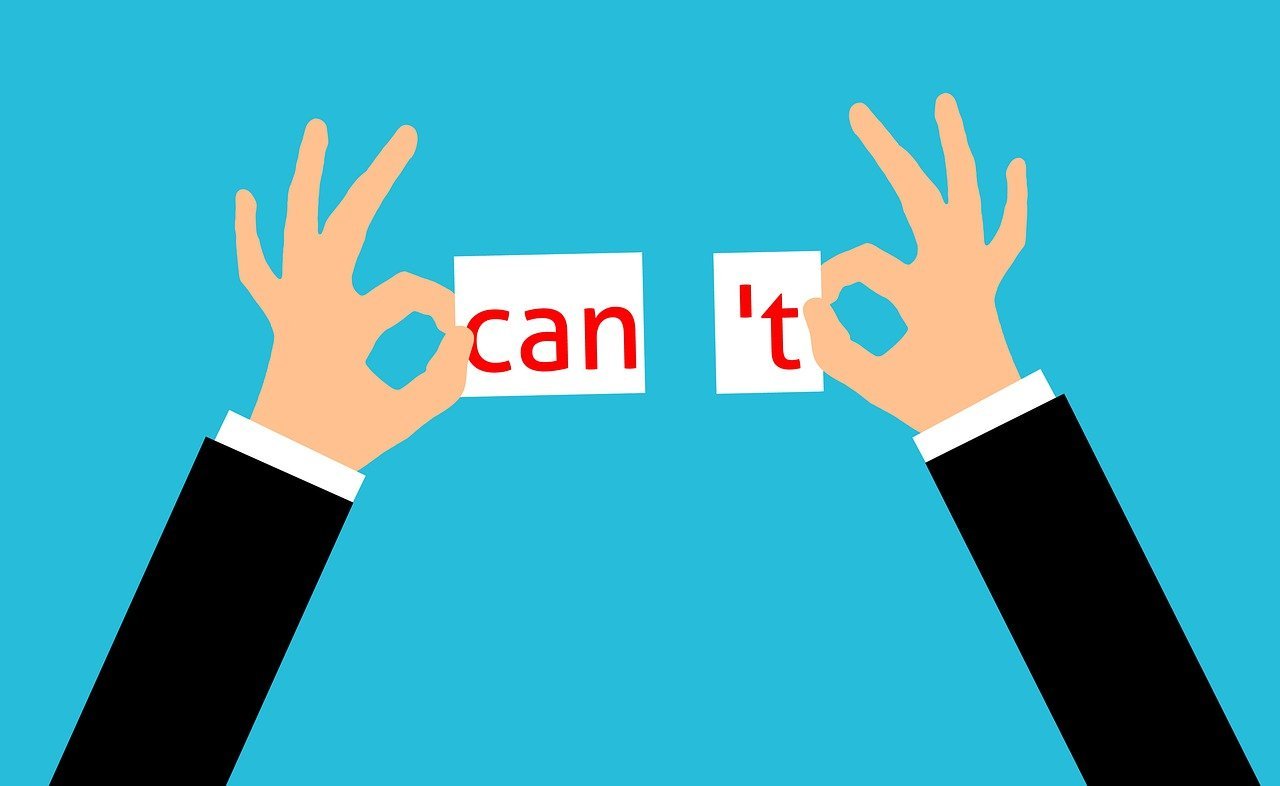What makes someone a loser? Is it lack of talent, luck, or hard work? While these factors may play a role, there is something else that makes a big difference: beliefs.
Beliefs are the assumptions we hold about ourselves, others, and the world. They shape our perception, motivation, and behavior. They can either empower us or limit us. They can either make us confident or fearful. They can either inspire us or discourage us.
But not all beliefs are created equal. Some beliefs are more harmful than others. Some beliefs have a greater impact on our failure and unhappiness than others. These are the toxic beliefs of losers.
The toxic beliefs of losers are the core convictions that prevent them from achieving their goals and overcoming their challenges. They are the limiting principles that hinder them from navigating through uncertainty and adversity. They are the negative affirmations that lower their self-esteem and resilience.
In this blog post, we will explore some of the toxic beliefs of losers and how to avoid them and think like a winner.
Toxic Belief 1: I am a victim of my circumstances.
Losers blame others for their failures and expect others to solve their problems. They wait for opportunities to come to them or rely on luck to succeed. They don’t create their own opportunities or make their own luck.
Losers surrender their power to shape their own destiny. They think that they can’t control their attitude, actions, or reactions. They think that they can’t learn from their mistakes, improve their skills, or grow from their experiences. They think that they can’t choose their goals, strategies, or habits.
Losers let external factors or circumstances dictate their outcomes. They focus on what they can’t influence or change, rather than what they can. They let fear, doubt, or criticism stop them from pursuing their dreams. They let setbacks, obstacles, or failures discourage them from trying again.
Losers believe that they are victims of their circumstances because they don’t believe in themselves or their potential.
Toxic Belief 2: I can’t achieve anything I set my mind to.
Losers have a vague vision of what they want to accomplish and why. They have a weak purpose and direction for their lives. They have no compelling reason to get up in the morning and work hard every day.
Losers have a low level of self-efficacy and confidence. They doubt their abilities and skills. They distrust their judgment and decisions. They lack faith in their plans and strategies. They have no confidence in their execution and performance.
Losers have a fixed mindset and a negative attitude. They see challenges as threats to avoid or escape. They see failures as proof of inadequacy or incompetence. They see success as a result of talent or luck. They see limitations rather than possibilities.
Losers can’t achieve anything they set their mind to because they don’t believe in their vision or themselves.
Toxic Belief 3: I am not learning or improving.
Losers are stagnant learners who are not interested in new knowledge or skills. They are indifferent about the world and reluctant to explore new ideas or perspectives. They are closed-minded and unwilling to listen to different opinions or feedback. They are arrogant and refuse to admit their mistakes or weaknesses.
Losers are complacent improvers who are not motivated to become better versions of themselves. They are passive about setting goals and measuring progress. They are lazy about practicing and refining their skills. They are satisfied with finding excuses to justify their performance and results.
Losers are not learning or improving because they don’t believe in their capacity to grow and excel.
Toxic Belief 4: I am entitled to what I have and greedy with what I can get.
Losers take for granted what they have in life and don’t appreciate anything. They ignore the value of their health, relationships, resources, and opportunities. They don’t express gratitude for the people who support them, the experiences that enrich them, or the achievements that reward them.
Losers also hoard what they have with others and don’t share anything for themselves. They don’t contribute to the causes they care about, the communities they belong to, or the people they serve. They don’t give back with their time, talent, money, or influence. They don’t help others succeed, grow, or overcome.
Losers are entitled to what they have and greedy with what they can get because they believe in scarcity and selfishness.
Conclusion
The toxic beliefs of losers are not based on evidence, logic, or experience. They are based on illusions, distortions, and biases. They are contradicted by research, science, and history. They are disproven by examples, models, and mentors.
The toxic beliefs of losers are not inevitable or irreversible. They are avoidable and changeable. They are not fixed or innate. They are flexible and learnable. They are not static or permanent. They are dynamic and adaptable.
The toxic beliefs of losers are not the only factor that determines failure or unhappiness. They are one of the many factors that influence our outcomes and well-being. They are not the end goal or the final destination. They are the means to an end and the journey to a destination.
The toxic beliefs of losers are harmful and destructive. They can prevent you from thinking like a winner and acting like a winner.
—
I hope you enjoyed this blog post and found it helpful. If you did, please share it with your friends and followers. And if you have any questions or comments, please leave them below. I’d love to hear from you.
Thank you for reading! 😊






